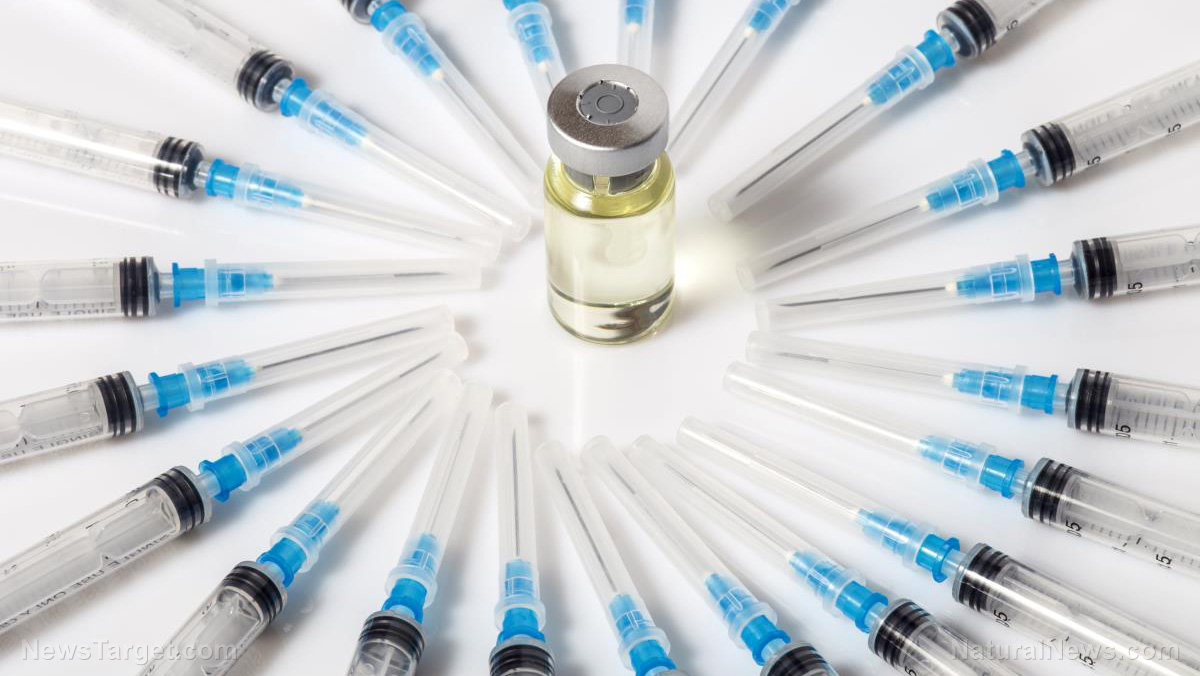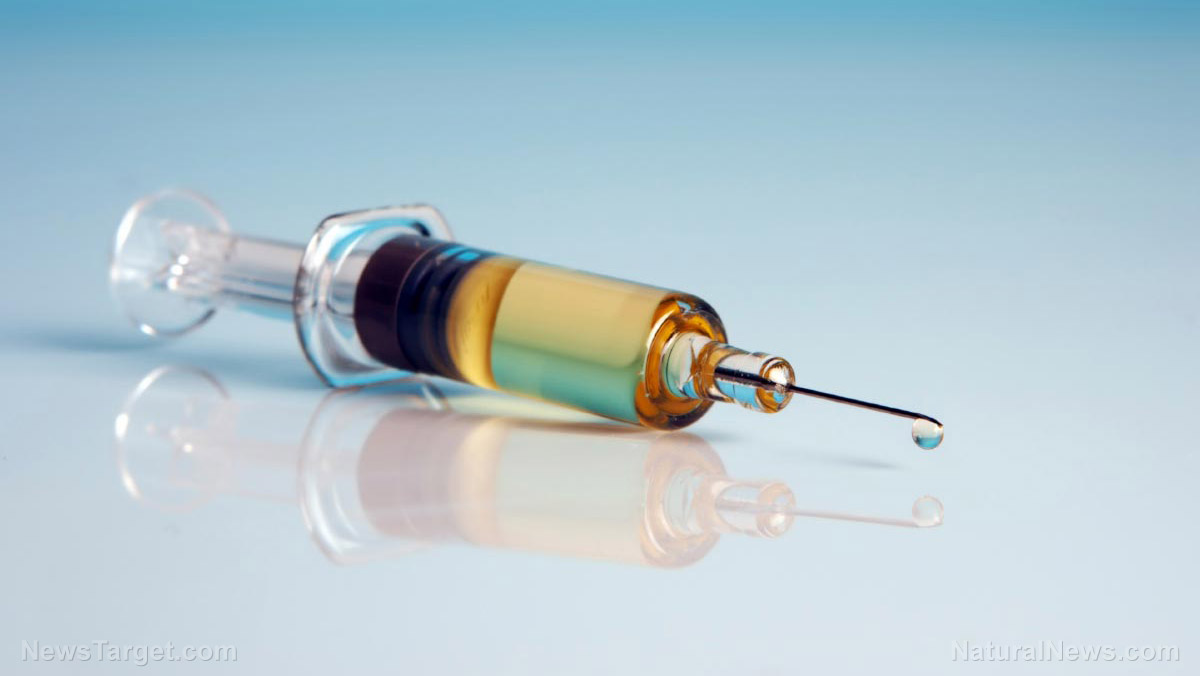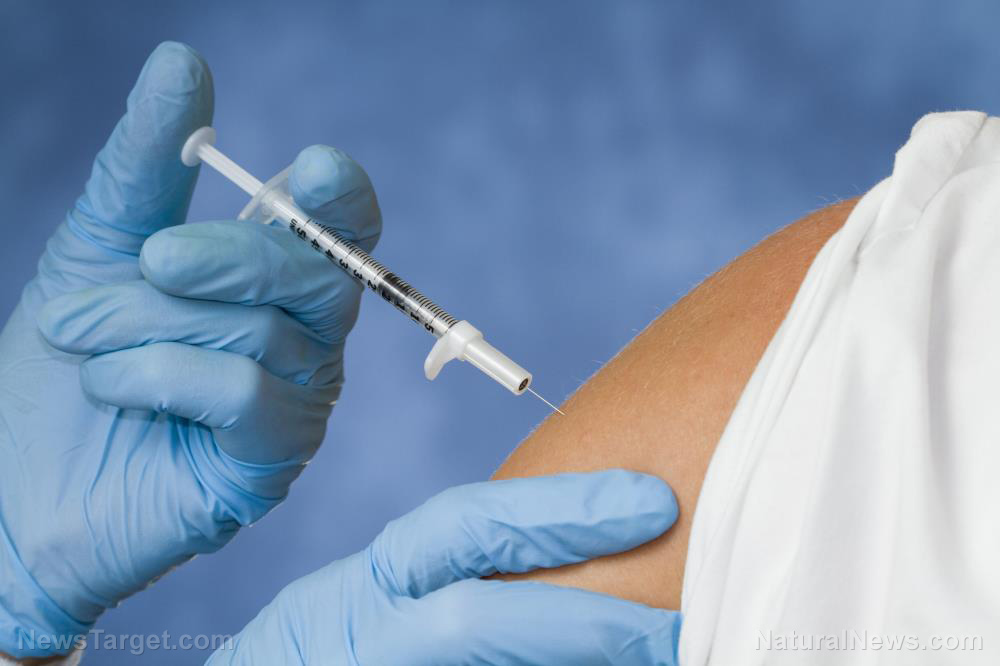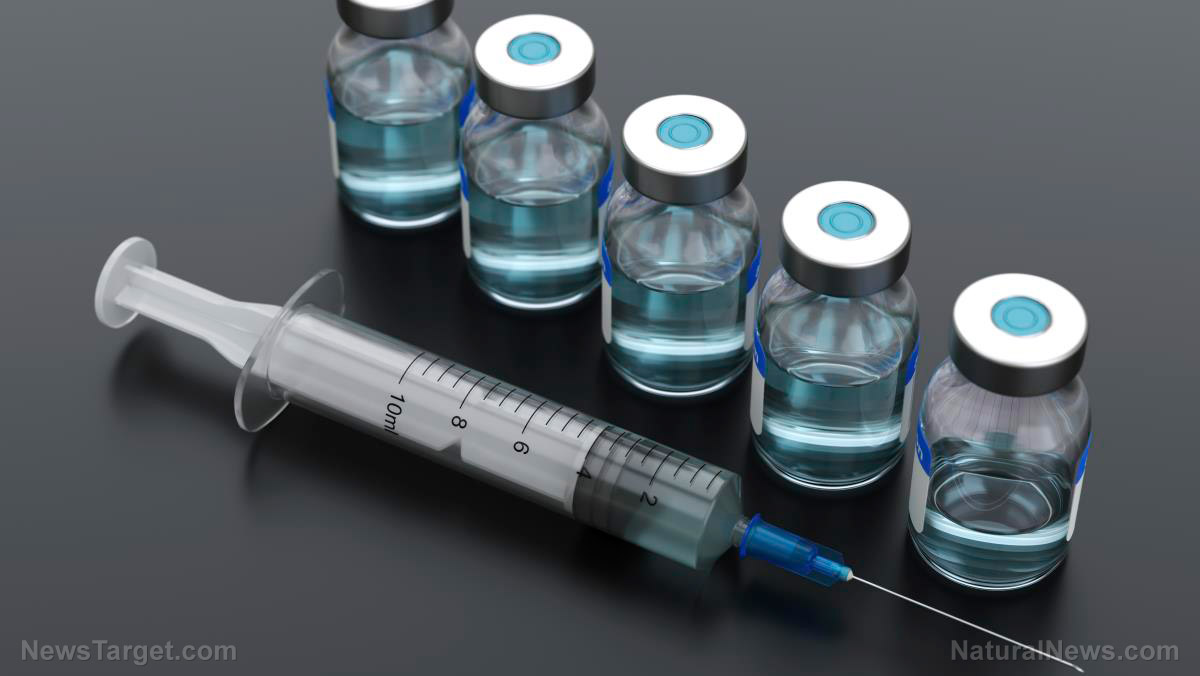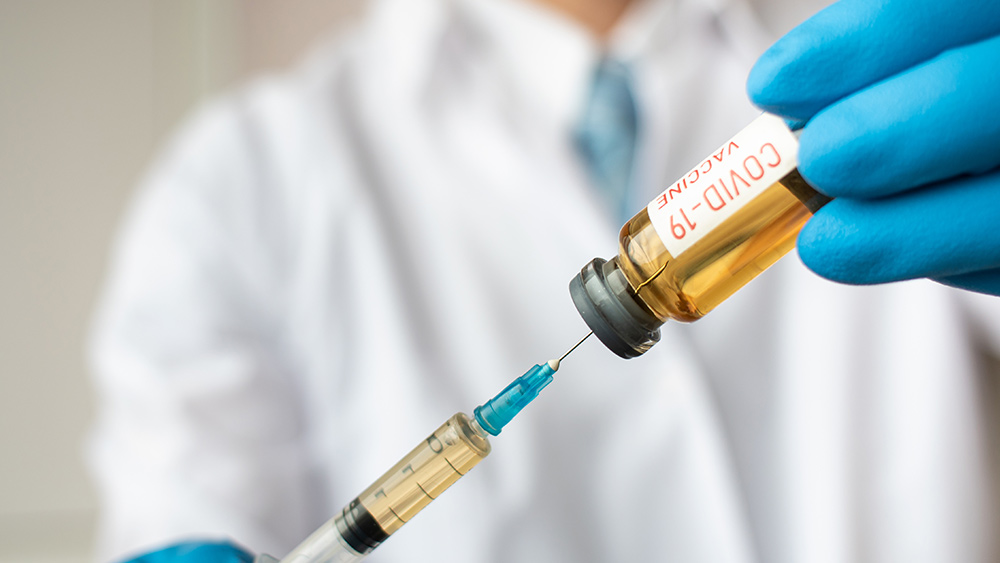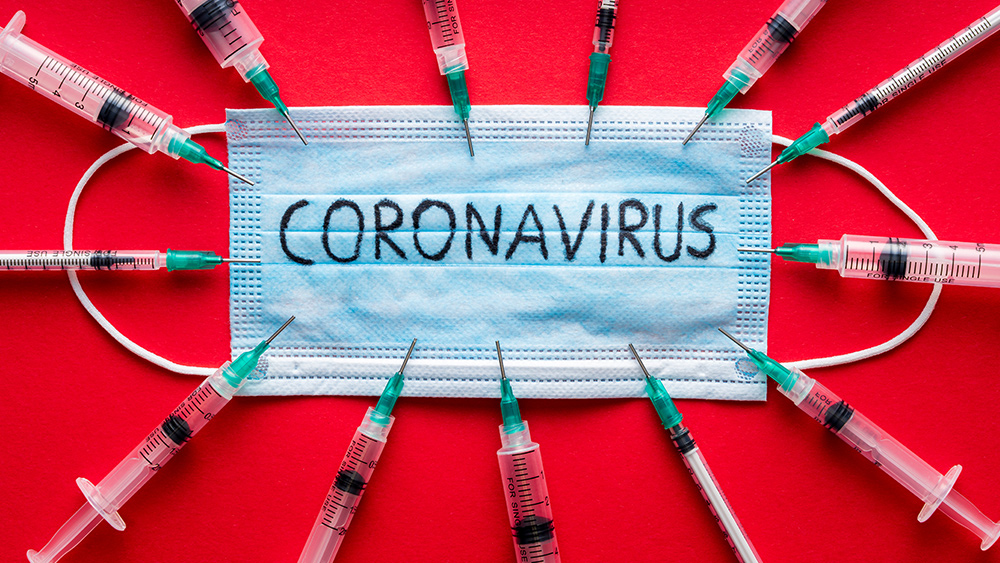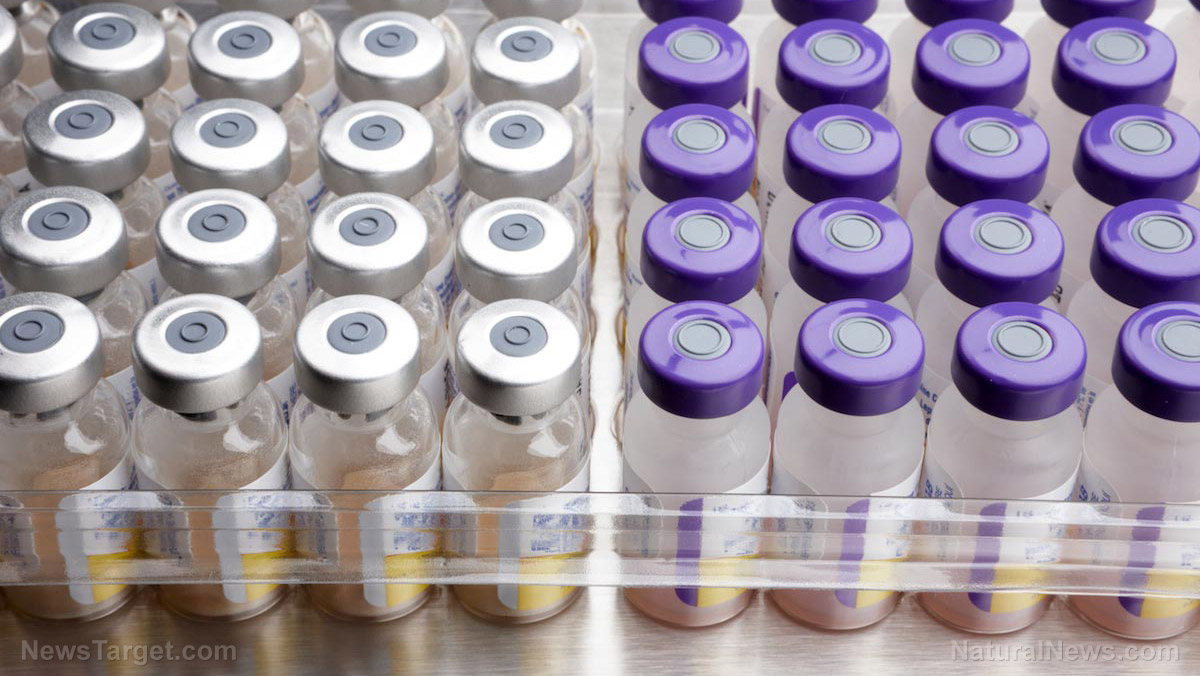Are your state lawmakers taking cash bribes from Big Pharma?
10/23/2020 / By Ethan Huff

Have you ever wondered which legislators in your state receive cash from the pharmaceutical industry? Well, now you can find out in a new collaborative report compiled by STAT News and the National Institute on Money and Politics.
This first-of-its-kind analysis of Big Pharma’s influence on American politicians is a real eye-opener, revealing that both “blue” and “red” politicians are compromised by drug industry bribery, which steers public policy in favor of pharmaceuticals and vaccines.
STAT tracked the political spending of 25 different entities, including the top 23 drug makers along with the two leading industry lobbying groups: Pharmaceutical Research and Manufacturers of America (PhRMA) and the Biotechnology Innovation Organization.
Collected between January 2019 and July 2020, the data shows that more than 2,000 state lawmakers were reached by the pharmaceutical industry during this time – even amid the coronavirus pandemic.
“State elected officials cashed checks ranging from $500 to $20,000,” reports Children’s Health Defense (CHD).
“These amounts are small potatoes compared with what the industry hands out to federal lawmakers – but it’s enough to significantly influence a state legislator’s campaign, STAT said.”
The top pharmaceutical spender is none other than Pfizer, a world leader in pharmaceuticals and vaccines that is slated to receive $2 billion from the Trump administration to produce a jab for the coronavirus.
According to STAT, Pfizer wrote the 1,100 checks worth a combined total of $778,000 to a whopping 994 lawmakers in 42 states. Pfizer was followed by Eli Lilly, Merck and Novartis, which each spent between $500,000 and $300,000 at the state level to bribe politicians.
California, which has a larger population than any other state, saw the greatest volume of Big Pharma contributions during this time period. Its 103 lawmakers collectively raked in $1.5 million, with only 17 members not taking any cash from the industry.
In “red” Texas, 66 percent of its 181 legislative members took bribery money from Big Pharma, demonstrating once again that Big Pharma corruption is a bipartisan affair.
In New Jersey, State Senators Joe Vitale and Steven Sweeney accepted $4,100 and $9,500, respectively, from drug industry leaders Merck, GlaxoSmithKline, Eli Lilly and Pfizer. This explains why Vitale and Sweeney supported S2173, a bill that aims to strip New Jersey residents of their right to refuse vaccinations for religious reasons.
For more related news about Big Pharma corruption and corporate influence over American politics, be sure to check out Corruption.news.
In 2020, Big Pharma has already spent more than $10 million lobbying federal lawmakers and their associated political parties
The STAT report follows a companion analysis of drug industry spending at the federal level, which is substantially more than the amount spent at the state level.
That report, which is free to view and not behind a paywall, explains that political action committees (PACs) affiliated with the top pharmaceutical companies cut about 4,500 checks to federal lawmakers, and primarily those that are incumbent.
An interactive map included in the report allows readers to see where all these checks went, at what amounts, and to whom. It also shows which pharmaceutical entities footed the cash.
Just in 2020 alone, pharmaceutical PACs have spent $8.62 million to lobby (bribe) members of Congress, and another $2.59 million to lobby groups like the Moderate Democrats PAC and the National Republican Senatorial Committee.
Just like at the state level, Pfizer’s PAC sends the most amount of checks at the highest amounts, with 548 having already gone out to lawmakers. This is followed by Amgen and Merck, which cut 405 and 379 checks, respectively.
“The drug industry’s political spending this year – much of which has flooded in over the last six months – comes even as most drug makers have thrown their energy into efforts for finding, testing, and developing COVID-19 treatments and vaccines,” notes STAT.
“Drug manufacturers around the world have leapt into the race, including several whose PACs have supported hundreds of lawmakers, including Pfizer, Gilead Sciences, and AstraZeneca.”
America’s bribed Republicans spend billions of taxpayer dollars pushing more drugs and vaccines
All of this illicit lobbying and bribery is really paying off for Big Pharma, as Congress continues to allot billions of taxpayer dollars towards “research” programs that aim to push more pharmaceuticals and vaccines on the American public.
President Trump’s Operation Warp Speed program is a great example of this, as billions of taxpayer dollars were given to the likes of Pfizer and GSK to produce new vaccines and “therapeutics” for the coronavirus.
And our politicians are only just getting started, as a recent proposal from Senate Republicans – yes, Republicans – would award BARDA, an agency tasked with funding Big Pharma’s coronavirus efforts, an additional $20 billion – this being 14 times more than what was allocated last year.
“It’s less about a particular deliverable and more about creating a relationship,” says Sheila Krumholz, executive director of the Center for Responsive Politics, about the situation.
“And, maybe, greasing the skids on a particular issue for which a company has great concern or sees great opportunity. On COVID, it’s certainly both – these corporations are being called to the aid of a country in crisis.”
Billy Tauzin, a former Republican member of Congress from Louisiana, is fully supportive of Big Pharma’s bribery of politicians. He says people who believe such a system is corrupt are wrong, and that it is perfectly normal for pharmaceutical companies to buy off politicians in exchange for political favors.
“Big Pharma is trying to buy maintenance of the rigged status quo,” warns Ben Wakana, executive director of the advocacy group Patients for Affordable Drugs Now, about the racket.
Sources for this article include:
Tagged Under: Big Pharma, bribery, bribes, cash, congress, corruption, lawmakers, Lilly, Merck, Novartis, Pfizer, Pharmaceutical industry, PhRMA
RECENT NEWS & ARTICLES
VaccineWars.com is a fact-based public education website published by Vaccine Wars Features, LLC.
All content copyright © 2018 by Vaccine Wars Features, LLC.
Contact Us with Tips or Corrections
All trademarks, registered trademarks and servicemarks mentioned on this site are the property of their respective owners.

